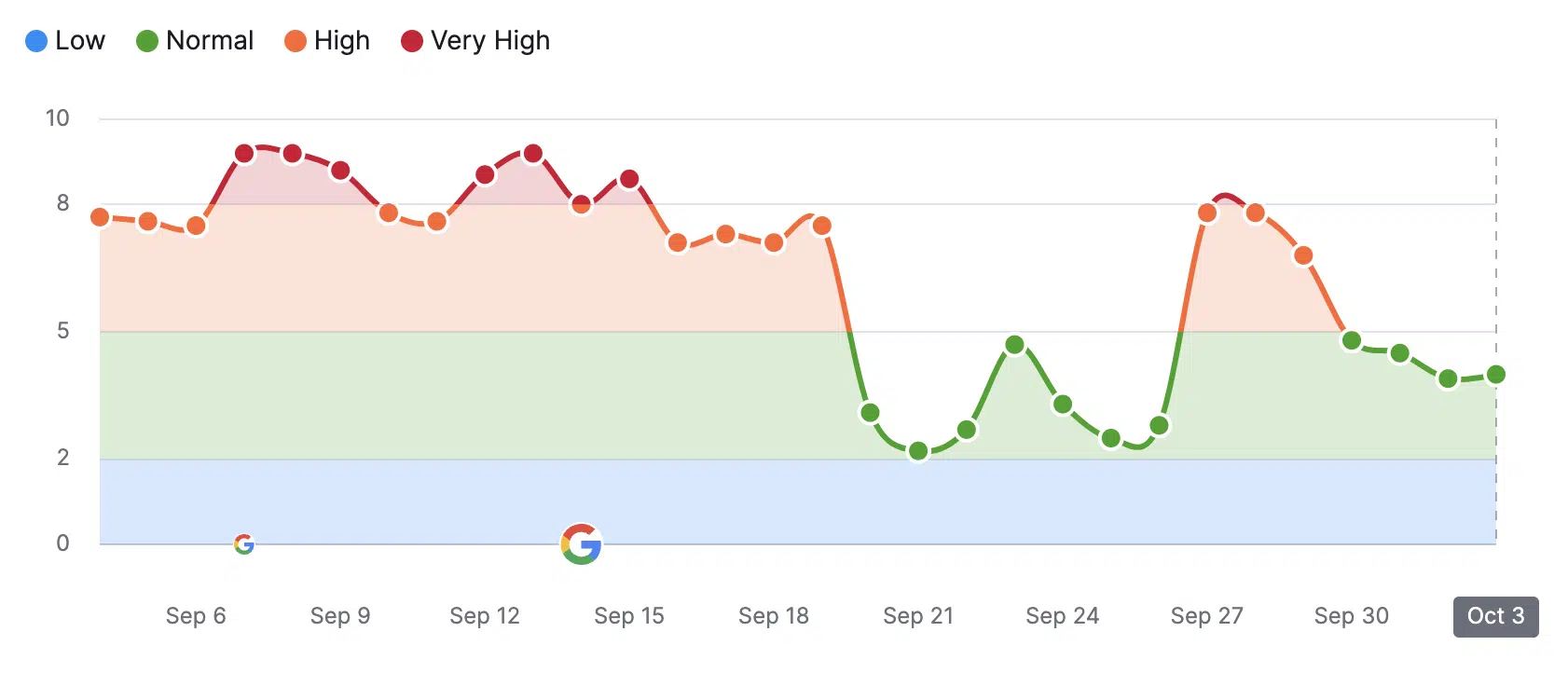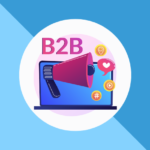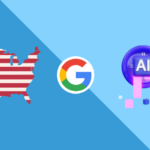In September, Google rolled out its latest updates focused on Expertise, Experience, Authoritativeness and Trustworthiness (EEAT). This update to ranking algorithms rolled out gradually over the course of two weeks and is being called the “September 2023 Helpful Content Update”. This is the third such update to roll out in the past 18 months and appears to have had a more significant impact than the previous two.
As specialists in SEO, we monitor every algorithm update with a certain amount of trepidation. Usually (because we follow Google best practices and guidelines) our clients benefit or are not affected by most algorithm updates. However, sometimes Google makes a significant change to their ranking algorithms that can lead to some short-term ranking declines that can require a shift in approach to the SEO strategy.
Here’s a comprehensive look at how this update has impacted some websites, the possible causes of ranking declines, and, most importantly, actionable steps to regain any lost SEO footing.
Understanding the Impact of the September Helpful Content Update
Google’s Helpful Content Update was engineered to reward content that provides a satisfying experience to users over sites with content that seems to have been primarily created for ranking on search engines rather than to help real users (recipe sites, we’re talking about you!).
Unlike previous Helpful Content updates, many high-ranking sites witnessed significant fluctuations and/or declines in their rankings. Many SEO tools showed volatility in the search results for most of September. At Ontario SEO, we are tracking ranking declines on resource and informational content that has been ranking in top positions for years, primarily in sectors where there is similar information offered on institution or government websites.

Deciphering Ranking Declines
While Google has maintained its usual opacity on the exact parameters that were included in this update, there are several commonalities shared by websites that took a hit:
Content Depth and Quality:
For the past 18 months, Google has been emphasizing the importance of EEAT content; websites that convey expertise, experience, authoritativeness, and trustworthiness. In this update we saw significant impacts to our client’s website content that was historically outranking a government or institutional webpage on a similar topic. From our vantage point, this most recent update prioritized high authority websites over commercial sites providing similar information, even when all other best practices were in place.
Thin Content:
As with previous Helpful Content updates, webpages offering little substantial value, reflected in either the depth or breadth of the content, struggled to maintain their positions.
AI-Generated Content:
Google launched their helpful content algorithm updates before LLM AI tools were in every person’s pocket. This most recent update was likely focused on identifying AI generated content that contravenes Google’s Quality Rater Guidelines.
Sites that leaned heavily on AI-generated content without adequate human oversight or editing appear to have suffered in the rankings.
Over-Optimization:
Websites that were overly optimized for SEO with an excessive focus on keyword stuffing and ranking rather than on user value seem to have been demoted in rankings. This particular element has been a ranking factor for a few years now, so it was likely not a significant contributor to ranking fluctuations of average business websites.
But We Produce High Quality, Human-Generated Content. So Why the Ranking Declines?
If you are confident your content is high-quality and not over- optimized, what can you do? There are a few reasons why your website may have been impacted, even if your content is good, and they primarily come down to site-wide signals about Authority and Trust. Unfortunately, these signals are all “the hard stuff”. Building Authority and Trust signals online is a multi-faceted, long-term strategy that takes both time and sometimes significant resources.
Here are some elements to consider if your high-quality content has been demoted in the search results recently:
Credibility and Trustworthiness:
Check the search engine results page (SERP) and see who is now outranking you. Government and institutional websites are typically perceived as highly trustworthy sources of information. Google values credibility and will favour websites that are considered reliable and reputable. Many websites that we have tracked ranking declines as a result of this latest update are now out-ranked by similar content from university and government websites.
User Experience:
For many years now, Google has been placing increasing importance on user experience, including page load times, mobile-friendliness, and overall site performance. Those same government and institutional websites that have high credibility, often also invest heavily in optimizing these aspects. If you are seeing a ranking decline, check Google Page Speed Insights to ensure your site is hitting Google’s benchmark recommendations for speed and load times.
Backlinks and References:
Building backlinks naturally to a website is a gradual and time-consuming process for an average business website. Government websites often gather numerous backlinks from authoritative sources, which can significantly boost their ranking in search results. Having reputable websites linking to a website is a strong signal of credibility in Google’s eyes. If your content is now being outranked, use a competitor research tool to evaluate the difference in your backlink profiles between you and your SERP competition.
Ok, So You Know You Have a Problem. How Do You Address Ranking Declines?
For businesses experiencing a dip in their website’s performance post-update, it’s crucial to re-evaluate your digital strategy to align with Google’s focus on user-centric content. Here are steps you can take to address the issues and start recovering:
Evaluate Your Content:
Have a heart to heart with your content team and make sure you are really writing content for your customer, not the search engines.
Then conduct a thorough audit of your content. Identify pages that offer little value to your audience or seem overly engineered for SEO. Check the ranking change on these pages and determine if they need some immediate attention.
Enhance Content Quality:
For any new content you produce, be sure you invest in high-quality, well-researched copy that serves the user’s intent. Content should be deep, engaging, and valuable, providing actionable insights or solutions to your customer’s problems.
Human Touch:
If you’ve been using AI for content creation, ensure that there’s substantial human editing and oversight. Google’s algorithms likely can detect AI content. Not to mention there is nothing unique about what AI produces. In other words, AI content rarely fulfills the “Experience” part of EEAT. AI is a powerful tool, but the human element is irreplaceable when it comes to understanding nuance and context.
Strengthen Your EEAT Signals:
Strengthen the expertise, experience, authoritativeness, and trustworthiness of the content on your website. We have a full post on this, but the main focus for business owners is to ensure your credibility is well established. This includes having clear address and contact information, detailed “About Us” and “Team” pages, and credible off-site citations*. Feature credentials of content creators on your blogs and news posts, cite authoritative sources, and keep content updated and accurate.
*Examples include your LinkedIn or Facebook company page, local business directories, and a well-optimized (and aligned) Google Business profile.
User Experience (UX) Optimization:
If your website has experienced a traffic decline as a result of the Helpful Content Update, focusing on user experience can make sure you convert the traffic you do have. Improving UX is a large subject area, but can include things like improving mobile responsiveness and webpage load times, enhancing navigation, and streamlining check-out or contact options to reduce friction for your potential customers.
Long-Term SEO Strategy:
Easy come, easy go. At Ontario SEO, we take a long-term, strategic approach to SEO that is forward-looking. Our SEO tactics are rarely focused on quick wins. We stay on top of industry trends and new developments and re-evaluate our SEO strategy to adapt to changing algorithms, evolving technology, and user expectations.
If you have experienced a ranking decline significant enough to impact your lead generation, it is time to take a hard look at your approach to SEO and ensure it is serving your best interests. To address the rapidly changing search landscape, you need a holistic SEO strategy that focuses on sustainable practices, such as creating content for real humans, building a diverse backlink profile, improving technical SEO and user experience, and focusing on semantic search optimization (not keywords).
To be honest, this should not really be a bullet point in a blog post, it is the core of what we do for our clients. And it takes time and investment. There are no quick wins here.
Hey this got a little long, didn’t it?
To summarize, Google’s September 2023 Helpful Content Update serves as a reminder that the core of our digital marketing efforts must be authentic, user-centered content. As some adapt to this new paradigm, the goal at Ontario SEO is really unchanged; create content that resonates with our audience and provides them with genuine value that leads them to connect with you. This approach will not only safeguard against future updates but will also build a loyal customer base driven by trust and quality.
Stay ahead by ensuring that your content strategy aligns with these latest SEO best practices. By doing so, you can turn the challenge of a Google update into an opportunity for growth and enhanced user engagement.
Ready to discuss a new SEO approach for 2024 and beyond?








